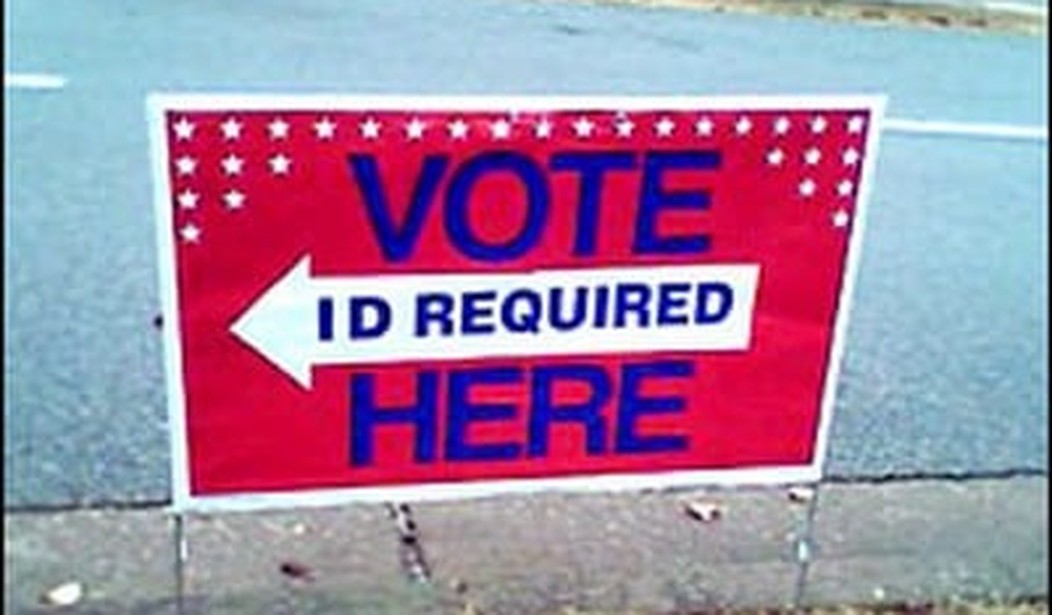WASHINGTON – The package adopted by the Republican National Committee on Friday that would condense the 2016 presidential nomination process aims to put the GOP in a better position to defeat the Democrats in the general election.
GOP officials have been working for months on how to change the presidential primary process after a lengthy and contentious nomination cycle in 2012.
Three rule changes will shorten the 2016 primary and caucuses process considerably from Feb. 1 to mid-May with only a handful of states being allowed to hold nominating contests in February.
Under the proposed rules, only the traditional “carve out” states will be allowed to hold elections before March 1: Iowa, New Hampshire, South Carolina, and Nevada. These states will be required to hold their contests in February.
Every state that voted in March in the 2012 cycle awarded delegates proportionally based on the share of the vote each candidate received. As a result, Mitt Romney did not become the party’s presumptive nominee until late April and did not secure a majority of delegates until May. Many believe this weakened the Romney campaign and eventually gave an advantage to the Democrats.
At the request of the Romney campaign, rules were changed during the 2012 convention to allow a “winner-take-all” system so that states could award all delegates to the winner. This, however, generated fear among states with late primaries that others would race to schedule winner-take-all contests after March 1. They worried candidates would increase their delegate count quickly, effectively ending the nominating contest before these states held their primaries.
To prevent this from happening, the RNC’s rules committee voted Thursday to reinstate a proportional window.
States that vote between March 1 and March 14 will be required to award their delegates proportionally based on each candidate’s vote totals, down from a four-week window in 2012. Any contest after March 14 can go proportional or winner-take-all.
The rules committee also voted on new rules to stiffen penalties for states that attempt to leapfrog each other by holding early primaries or caucuses.
During the 2012 cycle, states including Michigan and Florida moved their primary dates up, leading the early states to move theirs as well. Iowa, one of the early states, held its caucuses in January of that year.
That hurt the ability of candidates to reach Iowa voters, and stretched out the primary process into an even longer period between the first and last states.
During the 2012 convention, the committee voted to award just 12 delegates to any states that tried to hold early primaries or caucuses to dissuade them from attempting to move up the date.
Under the new rules, states with 30 delegates or more would be cut down to nine delegates plus the RNC’s committee members from that state. States with 29 or fewer total delegates would get six delegates plus the committee members.
The third rule requires state parties to pick their delegates no later than 45 days before the convention, 10 days earlier than current rules. This is meant to encourage states to wrap up early and complete the delegate selection process by mid-May.
RNC Chairman Reince Priebus wants the party’s 2016 convention to happen between June 27 and July 18. The official date will be announced this spring, and the location will be selected at a summer meeting.
Possible convention sites include Phoenix, Las Vegas, Kansas City, Columbus, and Denver.
The earlier date would allow the Republican Party’s presidential candidate more time to spend funds reserved for the general election. Romney’s presidential campaign was cash-strapped after the long fight to win the Republican nomination and election rules prevented his campaign from opening its general election war chest until after the party’s convention in August.
Not all members of the rules committee were happy with the changes, though.
Morton Blackwell, a national committeeman from Virginia, vociferously complained that compressing the calendar would not allow a dark horse candidate to build momentum for a potential upset against a better-funded, establishment candidate.
The RNC’s full governing body adopted the rules on a near-unanimous 153-9 vote Friday at the committee’s winter meeting, which runs through Saturday in Washington.









Join the conversation as a VIP Member